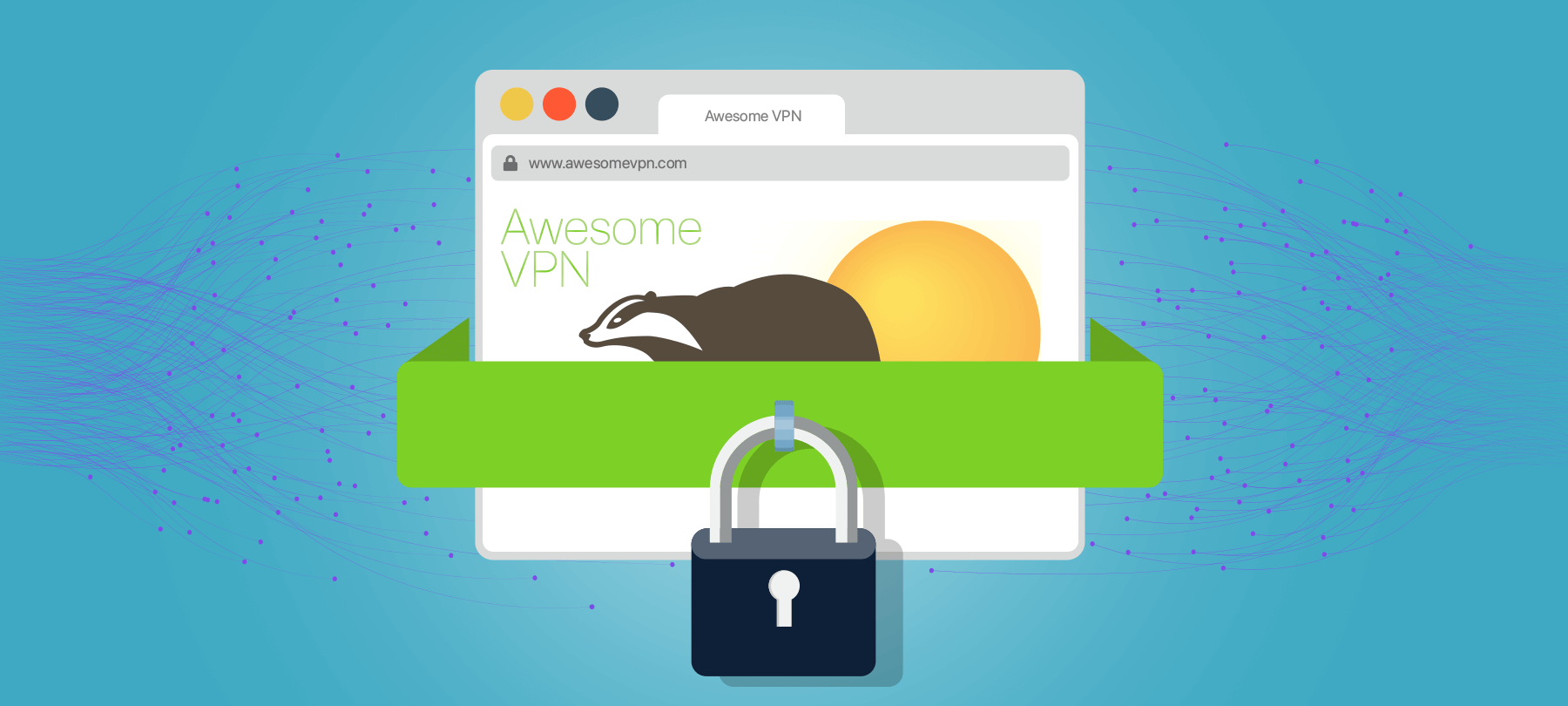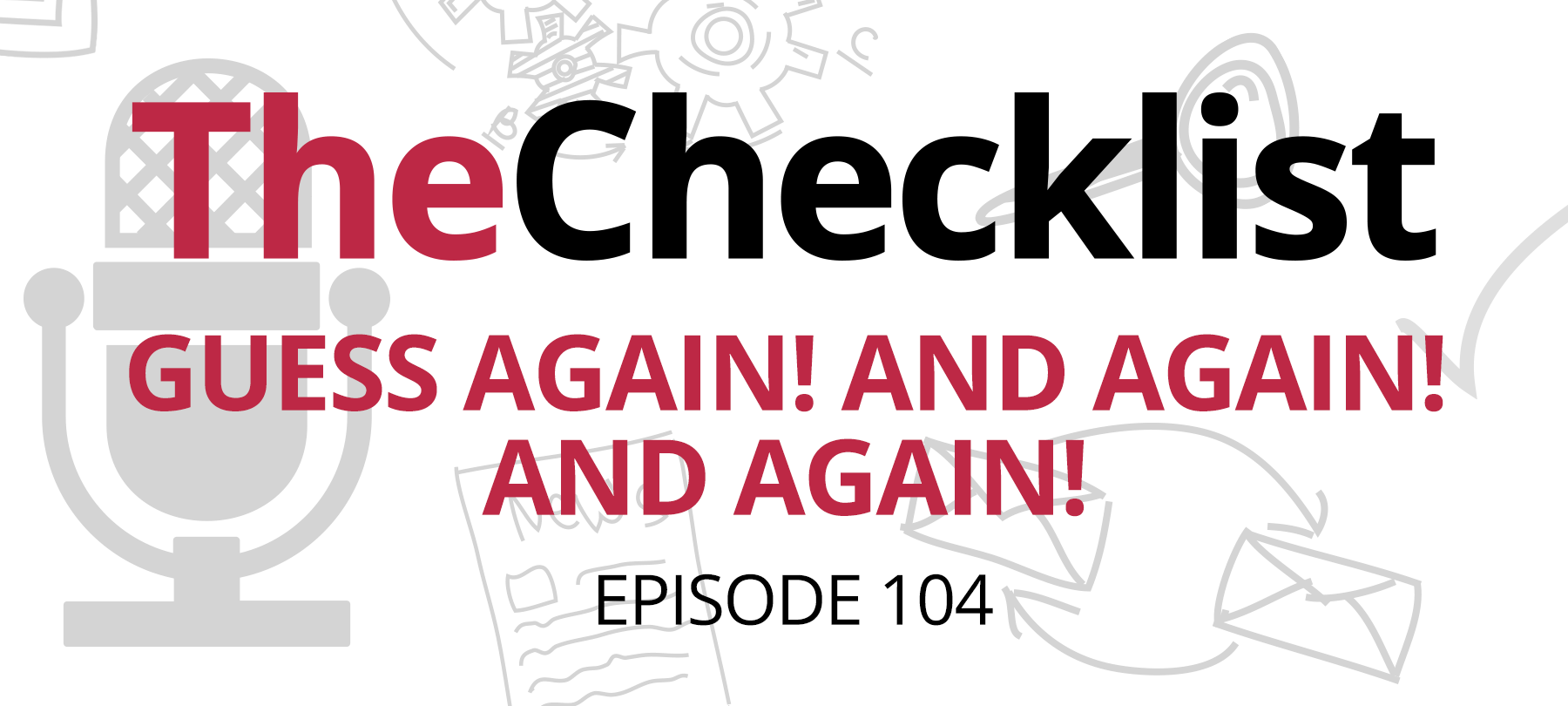
The difference between a VPN and a proxy
You’ve heard of VPNs, and you may have come across the term “proxy” or “proxy server” before. If you’re like most people, you may be wondering if there’s actually a difference between the two — and asking yourself whether or not a VPN is more secure than a proxy.
The short answer is that VPNs and proxies perform similar functions, but do so in different ways. Depending on your needs, one of them is probably a better choice than the other.
In this short article, we’ll explain the differences between VPNs and proxies, talk about how each of them is used, and give you the information to decide which one is right for you.
What does a VPN do?
VPNs create secure network connections. Most VPNs require you to install special software on your computer; when you connect to the Internet, this app creates an encrypted connection to one of the VPN company’s servers. The VPN server acts as your relay point to the rest of the web, forwarding on network traffic from your computer to the different websites and online services you’re using. It also receives their responses and forwards them back to you.
This means that anyone monitoring your network — hackers, governments, or even your Internet Service Provider (ISP) — won’t be able to see what you’re doing online, or which websites you’re visiting. They’ll only be able to see traffic moving from your IP address to a VPN server. But after that, they’ll be in the dark.
Similarly, when you browse the web with a VPN, the sites and services you use will find it much harder to track you. They’ll be able to see your network traffic hitting their servers, but from their point of view, everything is coming in from the VPN’s IP address. They won’t be able to see the true origin of the data.
What does a proxy do?
Proxy servers can have multiple uses. But when most people ask about the difference between VPNs and proxies, they’re really asking about using a proxy to hide their true IP address. This is what we’ll discuss here.
In simple terms, a proxy server acts as an intermediary between the computer user and the website they’re trying to access. The proxy receives the user’s data, and then forwards it on to the destination. Because the proxy connects to the destination server for you, you’re effectively “borrowing” the proxy’s IP address (and concealing your own IP data). The server you’re accessing by proxy will only be able to tell that it’s communicating with the proxy server — but won’t be able to see who’s actually on the other end (you!).
VPN vs Proxy
So far, VPNs and proxies may sound pretty much the same. But there are some important differences between the two, which is what we’ll cover now.
One crucial distinction is that proxies don’t offer as much security as VPNs. In fact, many proxy servers don’t create an encrypted connection at all: They simply shuttle unencrypted web traffic back and forth using the insecure HTTP protocol. This exposes your raw data to prying eyes that may be monitoring the network, as well as to the owners of the proxy server itself. On the other hand, a good VPN will encrypt all traffic as it flows through the network, providing a much greater degree of data security.
Another major difference between proxies and VPNs is that proxies are typically configured at the application level only. This means that if you set up a proxy for web browsing, your Safari browser will be “proxified” — but nothing else on your computer will be. If you want to use a proxy with more than one app, you will have to set up separate proxy configurations for each one. In contrast, VPNs cover all network traffic on your computer, no matter which application is sending and receiving data.
Finally, there is a key practical difference between VPNs and proxies. Proxies are often offered free of charge. But when it comes to digital privacy, free services frequently turn out to have hidden costs. If a proxy depends on ad revenue to make money (rather than subscription fees), they are incentivized to share your data with third-party advertising networks. In addition to this, proxies can be used for more nefarious purposes than consumer data mining: There’s nothing to stop government agencies or hackers from setting up their own “free” proxy servers in order to monitor the activities of the people who use them. So while reputable VPNs may cost more, they will also do their best to prevent your data from falling into the wrong hands. And as long as your VPN has a “no-log” privacy policy, it won’t even retain records of your activity at all — meaning that it won’t have anything on its servers that can be stolen by hackers or seized by the government.
Requires low skill, app-depending. Minimal support usually offered.
Proxies cover one app at a time. Each application must be configured individually.
VPNs secure all network traffic. Any app sending and receiving network data is covered.
What is a proxy good for?
Proxies clearly have limitations. But they have their uses as well, and can be a reasonable option in certain situations.
If you just want a simple, free way to view geo-blocked web content, and you aren’t overly concerned about your privacy, a proxy can be an adequate solution. For example, if you’re on vacation in a country that blocks your favorite news site from back home, and you want to catch up on current events, using a web proxy is a harmless enough workaround (provided you’re not actually breaking any local laws by using one).
Similarly, if for some reason you need basic location-spoofing and don’t care about speed or security, a proxy may be exactly what you’re looking for. If you run an online business and want to know what sorts of PPC ads your competitors are running in another region, a proxy can be used to help you see what consumers see when they shop online in those markets.
What are VPNs good for?
VPNs perform many of the same functions as proxies, but offer some added benefits as well. As mentioned above, VPNs provide encryption, which makes them safer and more private than proxies. They also give you full coverage for all network traffic, not just traffic from a single application.
In addition, reputable paid VPN services are quite literally in the business of user privacy. That means they have every incentive to protect your data; and conversely, there’s nothing but downside in it for them if they violate their users’ trust. That’s simply not the case with many proxies.
Lastly, high-quality VPNs tend to be more reliable than proxies, because they invest more in infrastructure and performance optimization. It’s true that a proxy server can be faster, in certain circumstances, than this or that individual VPN server. But VPNs will provide better, more consistent performance overall — and will end up delivering comparable speeds when you factor in the way VPNs mitigate ISP throttling.



